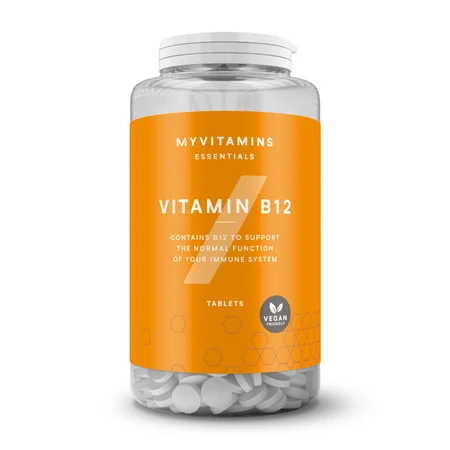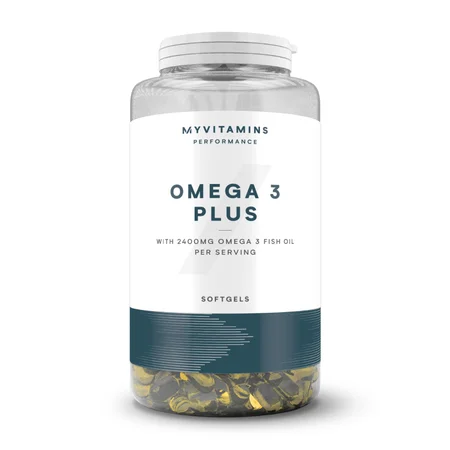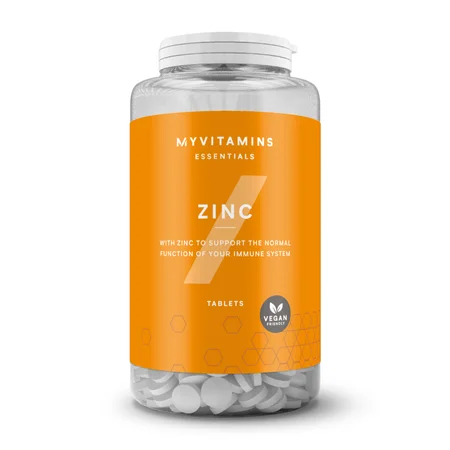5 Easy Ways To Eat Yourself Happy | Top Mood Foods For Mental Health

You're worried about your finances. Things aren't going the way you'd planned at work. The person in front of you is just walking too damn slowly. Whatever it is that's making you stressed – know you're not alone, and there's something you can do about it.
In fact, research has shown that two-thirds of us have or will experience mental health problems at some point in our lives – with stress being a key factor in the development of poor mental health.
So, what can you do when life starts to rub you up the wrong way? OK – you probably can't give your boss a personality transplant (if only), but there are things in your life that you can control, like what you put in your stomach.
Better Food, Better Mood
It's easier to understand the link between nutritional deficiencies and physical illness, but fewer people are aware of the connection between diet and mental health. However, researchers have long understood that there's a relationship between our minds and what we eat, known as the 'gut-brain axis'.
Getting the right nutrients into your system can go a long way to support your mental health, so we've rounded up 5 major stress-busting nutritional tips, backed by research, so you can make every bite count.

1. Eat Your Omegas
As well as a whole host of health benefits, the two omega-3 fatty acids, EPA and DHA, found mainly in fish oil, have been found to positively affect mood. It's thought that this might be because of the bioconversion of EPA to chemicals that are required by the brain, or that EPA and DHA influence neuronal signalling.
Get your daily dose of EPA and DHA from oily fish, fish oil supplements, or vegan omegas. Scientific research has specifically shown that up to 1.5-2g of EPA can stimulate mood elevation.
2. B Vitamins: Folate and B12
Research has shown that long-term consumption of the B vitamins, folate and vitamin B12, could enhance your mood. This is thought to be as folate and B12 are determinants of metabolism of a particular carbon (S-adenosylmethionine, or SAM) which is crucial for neurological function2.
You can find folate in a whole range of foods, like fruits and vegetables, whole grains, beans, breakfast cereals, and fortified grains and grain products. However, it's not as easy to get high doses of folate from food only.
Likewise, B12 can be found in lots of foods like animal products, fortified breakfast cereals and enriched soy or rice milk. But some people are at increased risk of not being able to absorb vitamin B12 properly, such as over 50s (around 10-30% of over 50s have inadequate stomach acid). Also, those who don't consume animal products are recommended to supplement their diet with B12.

3. Carb Up
This probably isn't the advice that you're used to hearing, but carbs aren't always the bad guy. In fact, anyone that's ever been on a low-carb diet will tell you that carbohydrates are well-known to influence mood and behaviour.
That's because consumption of carbohydrates triggers the entry of tryptophan to brain, which in turn promotes the feeling of well-being.
Researchers suggest that carbohydrates with a low glycaemic index (GI) like whole grains and vegetables tend to provide a lasting effect on brain chemistry and mood, while high GI foods like sugary sweets and processed products like white bread tend to provide only temporary relief.
4. Pack in Protein
Protein is an essential component of any healthy diet, but you might not be aware that the consumption of protein is important for mental health, too.
Amino acids are the building blocks of proteins, and many neurotransmitters that are essential for brain functioning and mental health are also made up of amino acids. For example, dopamine is made from the amino acid, tyrosine – and a lack of dopamine is associated with aggression and low mood.
It's important to get all 9 essential amino acids in your diet, which a diet rich in high-quality proteins like meat, fish and other animal products like eggs and milk will provide.
If you're vegan or cutting down the amount of animal products you eat, legumes, soy, nuts and seeds and other sources like textured vegetable protein and tofu are great sources. Some vegan sources are lower in certain amino acids, so it's important to get a good variety of protein sources in your diet.

5. Think Zinc
The essential micronutrient, zinc, has plenty of roles in the body like helping with cell growth and metabolism and regulating hormone and immune functions.
Research has specifically shown that circulating levels of zinc are lower in those with low mood and that oral zinc supplementation may influence the efficacy of antidepressant therapy3.
Meat, fish, milk, cheeses, seeds, cooked dried beans, peas and lentils are all good sources of zinc and are easy to get into your diet. If you think you might not be getting enough in zinc your diet, zinc supplements can be a quick and easy way to increase your intake.

Jennifer Blow has a Bachelor’s of Science in Nutritional Science and a Master’s of Science by Research in Nutrition, and now specialises in the use of sports supplements for health and fitness, underpinned by evidence-based research.
Jennifer has been quoted or mentioned as a nutritionist in major online publications including Vogue, Elle, and Grazia, for her expertise in nutritional science for exercise and healthy living.
Her experience spans from working with the NHS on dietary intervention trials, to specific scientific research into omega-3 fatty acid supplementation and also the effect of fast foods on health, which she has presented at the annual Nutrition Society Conference. Jennifer is involved in many continuing professional development events to ensure her practise remains at the highest level. Find out more about Jennifer’s experience here.
In her spare time, Jennifer loves hill walking and cycling, and in her posts you’ll see that she loves proving healthy eating doesn’t mean a lifetime of hunger.
1. Jacka, F. N., O’Neil, A., Opie, R., Itsiopoulos, C., Cotton, S., Mohebbi, M., & Brazionis, L. (2017). A randomised controlled trial of dietary improvement for adults with major depression (the ‘SMILES’trial). BMC Medicine, 15(1), 23.
2. Coppen, A., & Bolander-Gouaille, C. (2005). Treatment of depression: time to consider folic acid and vitamin B12. Journal of Psychopharmacology, 19(1), 59-65.
3. Swardfager, W., Herrmann, N., Mazereeuw, G., Goldberger, K., Harimoto, T., & Lanctôt, K. L. (2013). Zinc in depression: a meta-analysis. Biological Psychiatry, 74(12), 872-878.






